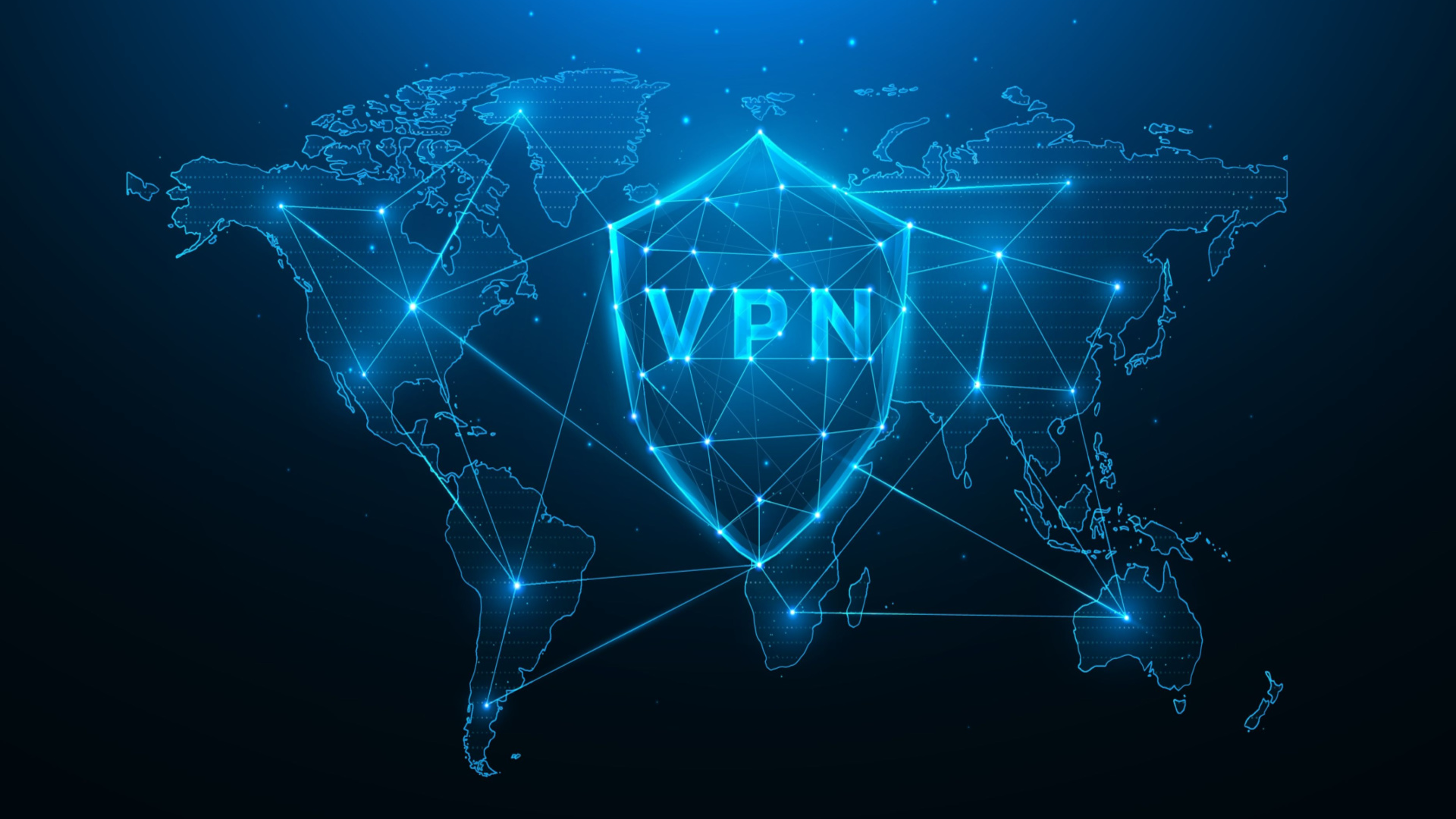VPNs and the fight against government censorship
The case for digital freedom and privacy has never been greater

The cybersecurity benefits of virtual private networks (VPNs) are well documented.
They offer security protections when using public or unknown networks and reduce the risk of personal details being stolen or used for criminal activity by masking these details altogether. They can also be leveraged for great personal gain. Want to watch a film online that’s not available in your region? High-speed, reliable VPNs have got you covered.
But the power and importance of VPNs extends far beyond security and practicality. This technology offers a lifeline to the millions of people globally living under regimes where freedom of speech and privacy rights are regularly undermined.
The trend of citizens being denied access to certain online services or pockets of the web that undermine state power is accelerating. In this landscape, making the case for expanded access to the technologies that can bypass censorship efforts has never been more important.
VPNs are provoking the ire of oppressive governments
Late in 2022, Iranians turned to VPNs to circumvent widespread internet disruptions and outages as their government attempted to conceal its crackdown on mass protests.
At the same time, a law came into effect in India which requires VPN operators to collect and maintain their customers’ information – including names, email addresses, and IP addresses – for at least five years. Many VPN providers chose to move their servers from India ahead of the law taking hold, arguing that it undermines the very essence of VPNs, which were designed to protect users’ data and uphold their rights to privacy and freedom of speech.
If a VPN user’s internet activity isn’t encrypted and their location and identity cannot be masked, then what is the point of a VPN at all?
Unfortunately, these two recent stories are part of a growing pattern. We’re increasingly seeing citizens relying on VPNs to get information that their governments are trying to conceal. At the same time, these governments are actively trying to suppress the use of VPNs.
China is one well-known example where citizens have long relied on VPNs to access banned social media accounts and foreign news outlets. In Russia and Turkey, meanwhile, authorities are actively trying to block access to VPNs where they can. And in some countries, like North Korea, VPNs are illegal altogether.
What this tells us is that the rights of citizens to speak freely and access information is not respected globally. And it’s not surprising that heavy-handed, authoritarian governments are trying to further undermine these rights by imposing ever more stringent rules on internet and VPN use. Still, this trend is profoundly worrying.
Protecting the flow of information
When Russia invaded Ukraine, the flow of information to Ukrainians and Russians skeptical or questioning of the war became a flash point. As the war has rolled on, Russian authorities have continued to grow their online surveillance machine in size and scope.
More and more measures have been introduced to control the internet, with the government actively searching for social media dissidents and following Russian citizens’ every online move. It didn’t seem possible, but since the invasion, internet freedom has become even more precarious.
What these individuals living in warzones are finding out is that during times of intense political instability, the face of the internet can change dramatically. Crackdowns on what citizens are allowed to say online become more common, and formerly reliable sources of news and media are censored.
The internet without digital freedom
The internet was once synonymous with freedom. It represented an opportunity for anyone, anywhere, to communicate freely, across borders, and free from the shackles of authoritarian regimes and dictatorships. This vision was one that would bring us closer together, offering us a new way to communicate, work together, and realize an exciting, expanded global future.
This vision of the free internet is dwindling. When states can restrict access to information, curate exactly what they want their citizens to see, censor critical voices or block the technological tools that can circumvent it, freedoms are weakened. And it’s not just users in oppressive nations or war zones who are suffering; the internet is already in danger of becoming a less inclusive place for everyone. Digital freedom must be upheld for everybody.
If a VPN user’s internet activity isn’t encrypted and their location and identity cannot be masked, then what is the point of a VPN at all?
One of the only tools to uphold this right, in the face of governments actively trying to weaken it, is a VPN.
This critical tool that enables and enhances the flow of information between citizens is one of few positive antidotes to oppressive governments worldwide. The technology should be celebrated and users everywhere, even those in secure democracies, should continue to use them and shout about their practical, personal, and political benefits.
Looking at what’s happening abroad – with governments developing increasing powers to control the flow of information to citizens and using this power to restrict freedom of speech – the case for digital freedom and privacy has never been greater. VPNs offer a pathway for ordinary citizens to combat the daily assaults to their freedoms and using them is a statement to governments and states everywhere that everyone has an inalienable right to free speech and privacy.
Sebastian Schaub, Founder, Hide.me
- Also check out our list for the best VPN
Sign up to the TechRadar Pro newsletter to get all the top news, opinion, features and guidance your business needs to succeed!
Sebastian Schaub, CEO, hide.me
